Disclosure: This article contains affiliate links. We may earn a commission from purchases at no extra cost to you, which helps our travel content.
When I first landed in Dakar last December, the warm Atlantic breeze carried notes of mbalax music and the scent of thieboudienne that instantly told me I'd found somewhere special. After five years of exploring European cities from my Paris home base, this West African cultural powerhouse delivered exactly what this former basketball coach needed – a city that plays like a well-coordinated team, where tradition and modernity pass the ball seamlessly back and forth. Whether you're drawn by the pulsing rhythms, literary heritage, or simply the joy of discovering a city that dances to its own beat, Dakar rewards the curious traveler with unforgettable experiences.
Day 1: Finding Your Rhythm in Dakar's Heart
My coaching days taught me that understanding the fundamentals comes first, so I recommend starting where Dakar itself began – the historic Plateau district. The colonial architecture around Place de l'Indépendance creates a fascinating contrast to the modern African art scene that thrives nearby.
Begin with an early morning visit to Marché Sandaga, where the market's energy builds throughout the day. I found myself captivated by the fabric vendors, their stalls exploding with colors that would make Matisse jealous. One vendor, Amadou, convinced me to purchase a length of indigo-dyed cotton that now serves as my favorite tablecloth in Paris.
After the market, head to IFAN Museum of African Arts to understand Senegal's rich cultural heritage. The mask collections alone are worth the visit – each one tells a story of tradition and craftsmanship that spans generations.
For lunch, I can't recommend Le Djoloff highly enough. Their fish yassa transported me straight to culinary heaven, and I enjoyed it while writing postcards with my travel fountain pen – the perfect companion for journaling these sensory experiences.
End your first day with a sunset stroll along the Corniche, where locals jog, wrestle, and gather to watch the sun sink into the Atlantic. The sea breeze carries away the day's heat, leaving behind perfect conditions for an evening meal at Chez Loutcha, where the Cape Verdean cuisine provides a delicious reminder of Dakar's position as a cultural crossroads.
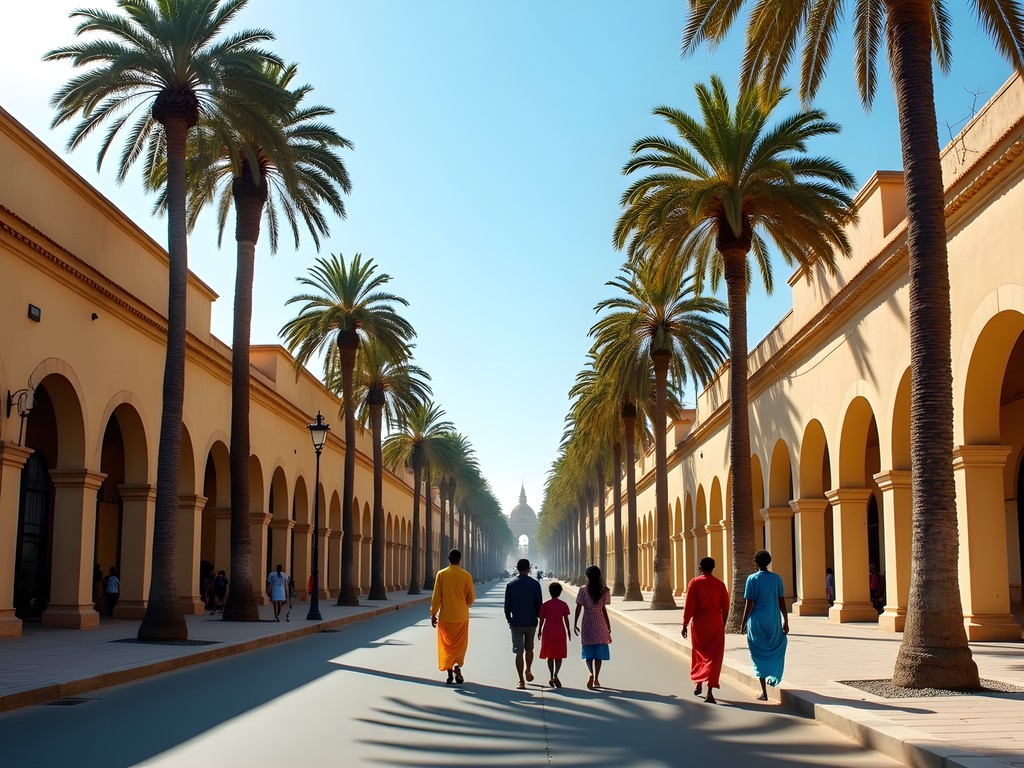
💡 Pro Tips
- Visit Marché Sandaga early to avoid the midday heat and crowds
- Bring small bills in local currency (CFA) for market purchases
- Ask permission before taking photos of people – a smile and 'waaw' (yes in Wolof) goes a long way
Day 2: Island Escapes and Literary Legacies
My second day in Dakar followed what I call the 'change-of-pace principle' – something I used to employ during basketball tournaments. After the urban immersion of Day 1, it's time to step back and gain perspective.
Catch the first ferry to Île de Gorée, departing from the terminal near Place de l'Indépendance. The 20-minute journey across calm waters brings you to an island that holds both breathtaking beauty and sobering history. The pastel-colored buildings create a deceptively charming backdrop for the island's dark past as a slave-trading post.
The Maison des Esclaves (House of Slaves) demands your time and reflection. Standing before the 'Door of No Return,' I felt a profound connection to the countless souls who passed through, never to see their homeland again. My noise-canceling earbuds allowed me to listen to the guided audio tour without distraction – sometimes technological isolation helps us connect more deeply with historical sites.
After this emotional experience, find restoration at one of the island's small restaurants. I chose La Terrasse for its grilled fish and uninterrupted views of the mainland.
Return to Dakar by mid-afternoon and make your way to the Léopold Sédar Senghor memorial. As both Senegal's first president and a celebrated poet, Senghor represents the intellectual heart of the nation. As someone who's always tucked books into every corner of my suitcase, I found it moving to see a country that so deeply honors its literary heritage.
For dinner, treat yourself to Noflaye Beach, where the catch of the day is prepared simply but perfectly. The restaurant's location offers a spectacular sunset view – nature's perfect punctuation to a day of profound experiences.
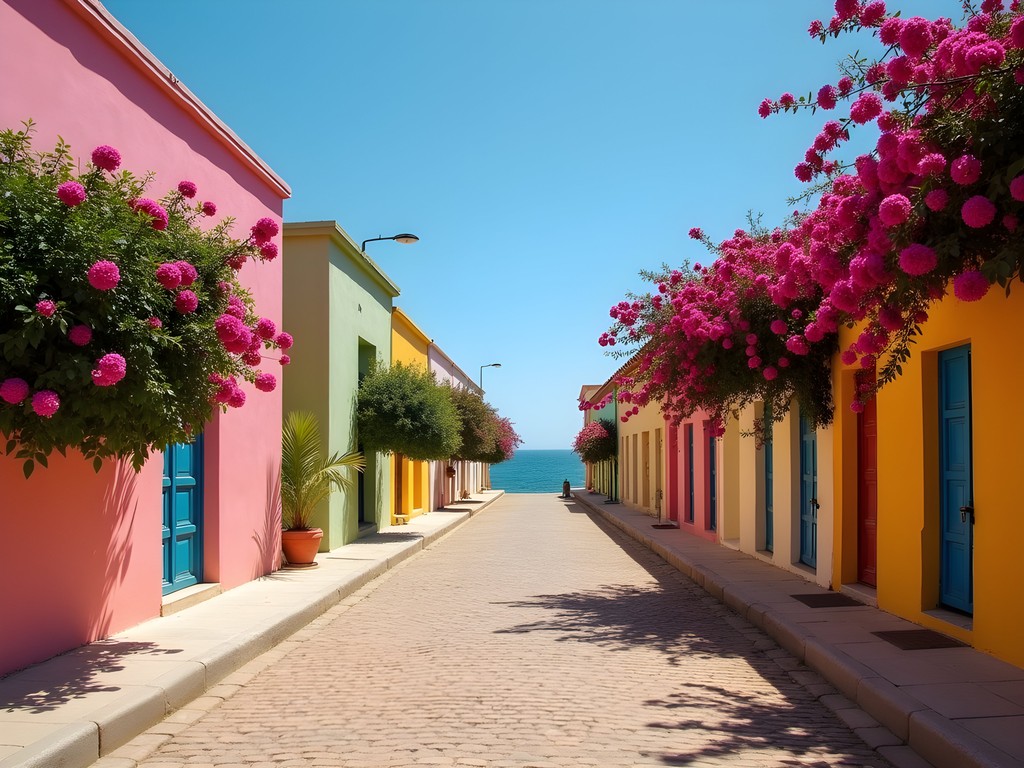
💡 Pro Tips
- Purchase ferry tickets to Gorée a day in advance during peak season
- Bring water and sun protection – the island offers little shade
- Consider hiring a local guide for deeper insights into Gorée's complex history
Day 3: Rhythms, Markets, and Modern Africa
On my final day, I embraced what my basketball players would call 'leaving it all on the court' – immersing myself in Dakar's contemporary pulse while seeking those last memorable experiences.
Start at IFAN Museum (if you missed it earlier) or the Village des Arts, where Dakar's creative energy materializes in studios and galleries. During my visit, I chatted with a young sculptor who explained how he combines traditional techniques with commentary on urbanization – this conversation alone was worth the trip to Dakar.
For lunch, venture to Marché Kermel, a beautiful colonial-era covered market where food stalls serve quick, delicious meals. I enjoyed a bowl of mafé (peanut stew) that reminded me why West African cuisine deserves far more global recognition.
In the afternoon, make the journey to the African Renaissance Monument. While controversial for its cost and style, this 160-foot bronze statue offers spectacular city views and represents Senegal's forward-looking perspective. I recommend bringing my travel essential: a compact monocular to appreciate distant details across the cityscape and coastline.
As the day cools, head to the beaches of Yoff or N'Gor for a swim and to watch local wrestling training sessions on the sand. These impromptu athletic displays reminded me of my coaching days – raw talent being shaped through discipline and tradition.
For your final evening, experience Dakar's legendary music scene. As a lifelong jazz enthusiast, I found myself drawn to Just 4 U, where local musicians blend traditional sounds with contemporary influences. Sitting there with a Flag beer, listening to a kora player improvise alongside a jazz quartet, I understood why Dakar has been designated a UNESCO City of Music.
Before heading home, I purchased a travel water purifier from a local outdoor shop – an essential item for future African adventures that reduces plastic waste while ensuring safe drinking water.
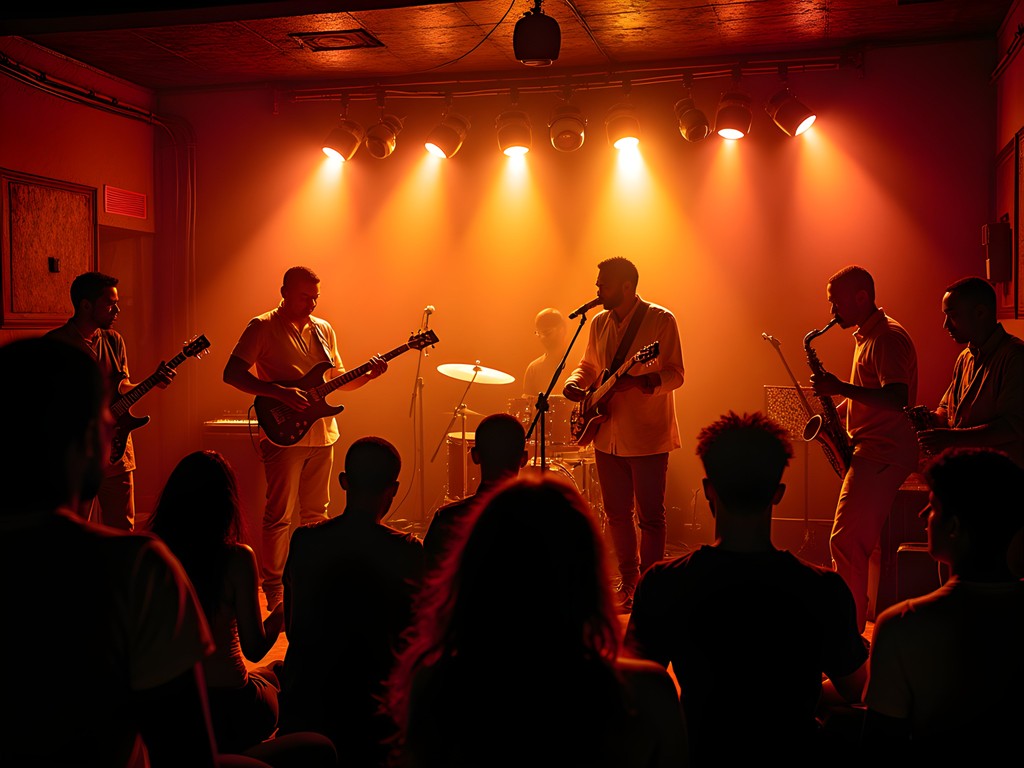
💡 Pro Tips
- Reserve a table at music venues in advance – the best spots fill quickly
- Respect local customs when photographing religious sites like the Grand Mosque
- Learn a few basic Wolof phrases – 'jerejef' (thank you) opens many doors
Where to Stay: Dakar's Best Mid-Range Accommodations
Finding the right home base in Dakar makes all the difference in your experience. As a solo traveler who values both comfort and character, I've found several standout options.
My personal choice was Hôtel Djoloff in the Fann-Hock neighborhood – a boutique hotel with a rooftop terrace where I enjoyed breakfast each morning while planning my day. The colonial building has been beautifully renovated with contemporary African design elements, and the staff treated me like returning family rather than a tourist.
For those seeking proximity to the beach, Jardin Savana Dakar near Yoff Beach offers comfortable rooms and a lush garden where you can escape the city's energy. I spent one afternoon there visiting a fellow traveler, and the peaceful atmosphere provided welcome respite.
If you prefer apartment-style accommodations, Residence Madiba in Mermoz offers excellent value with kitchenettes and more space to spread out. During my stay, I used my portable espresso maker each morning – a ritual that grounds me wherever I travel, creating a sense of home while savoring local Senegalese coffee beans.
No matter where you stay, I recommend bringing a silk sleep sheet. This lightweight addition takes minimal luggage space but provides comfort and peace of mind, especially for those sensitive to unfamiliar bedding.
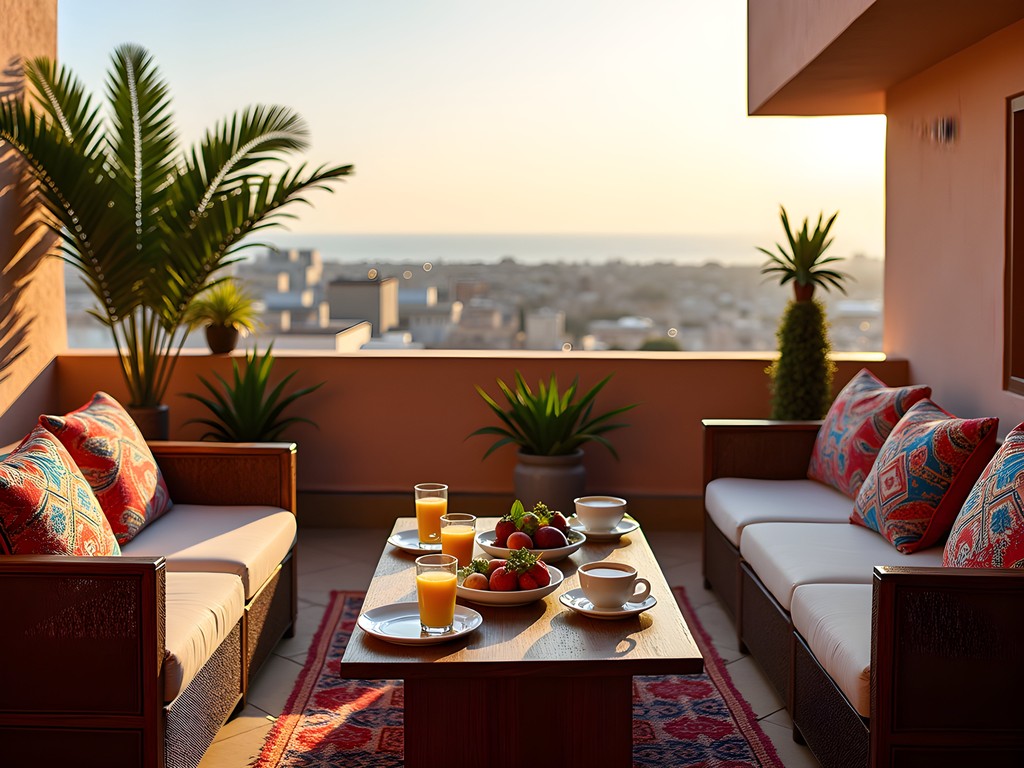
💡 Pro Tips
- Book accommodations with air conditioning – Dakar's humidity can be challenging
- Choose hotels with 24-hour security for peace of mind as a solo traveler
- Request rooms away from street noise, particularly in the Plateau district
Final Thoughts
As my flight lifted off from Dakar's Blaise Diagne International Airport, I found myself already plotting my return. Like the best coaching experiences of my career, Dakar doesn't reveal all its secrets in a single visit – it requires time, patience, and an open heart to truly understand its rhythms.
This vibrant capital taught me that travel in our 60s can be just as adventurous and transformative as in our youth – perhaps more so, as we bring decades of context to our observations. Dakar's blend of French colonial influence and proud Senegalese identity creates a cultural playbook unlike anywhere else I've visited.
Whether you're drawn by the pulsing music scene, the literary heritage, or simply the joy of discovering a city that marches confidently to its own beat, I encourage you to give Dakar more than just a passing glance. Come with an empty journal and leave with pages full of impressions, conversations, and moments that will call you back to this Atlantic gem. As we say in coaching: it's not about the destination, but how the journey changes you. And Dakar, my friends, will change you for the better.
✨ Key Takeaways
- Dakar rewards travelers who engage with its complex history while embracing its vibrant present
- Winter offers ideal weather conditions with warm days, cool nights and minimal rainfall
- Solo travelers will appreciate Dakar's walkable neighborhoods and welcoming locals
- The city's music scene provides unparalleled opportunities to experience authentic Senegalese culture
📋 Practical Information
Best Time to Visit
November through May (dry season), with December-February offering the most pleasant temperatures
Budget Estimate
$75-150 per day including mid-range accommodation, meals, and activities
Recommended Duration
3-5 days minimum, with optional extensions to nearby coastal areas
Difficulty Level
Moderate - Some French Language Skills Helpful But Not Essential
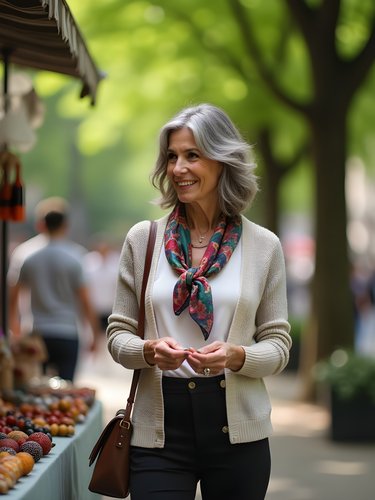
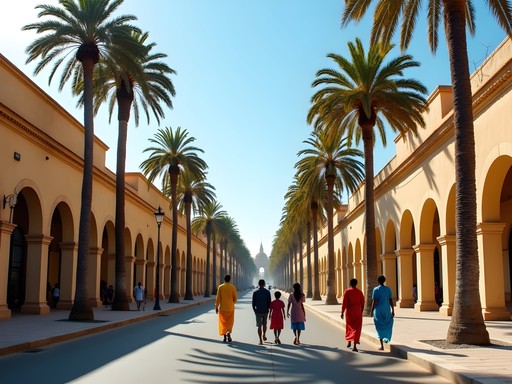
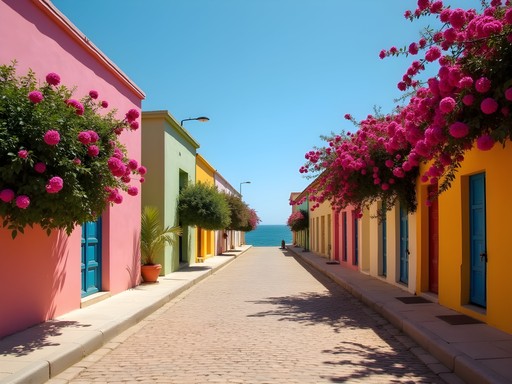
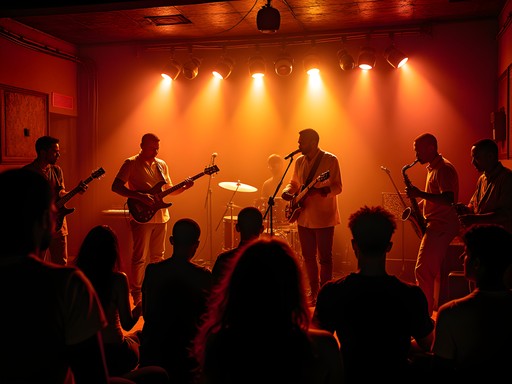
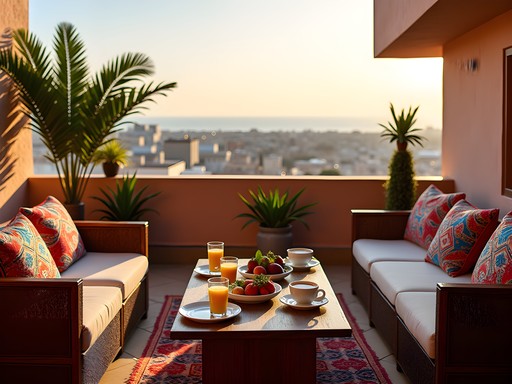


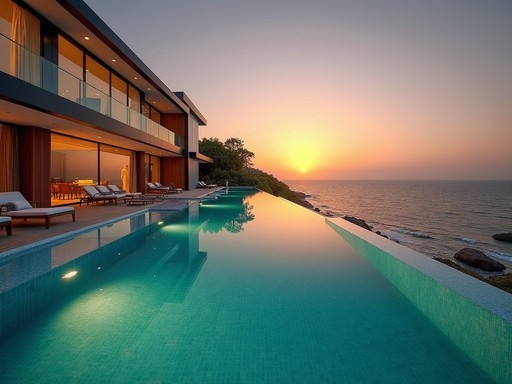
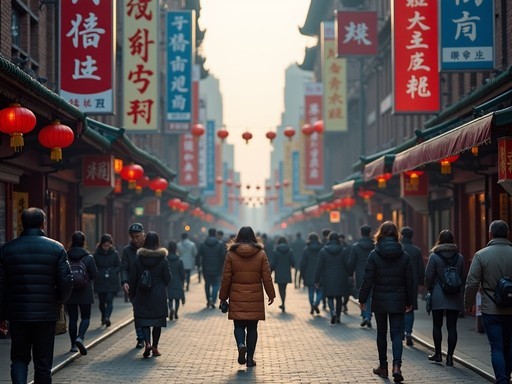
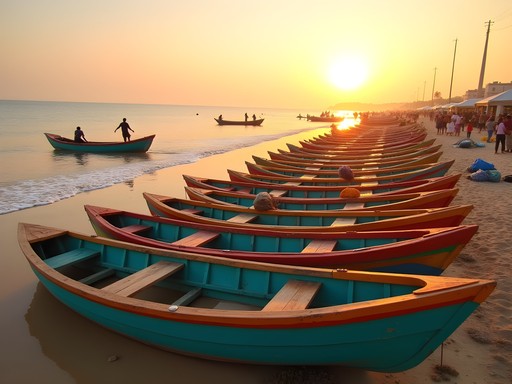
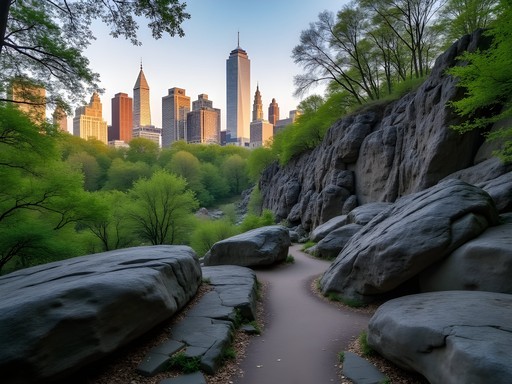
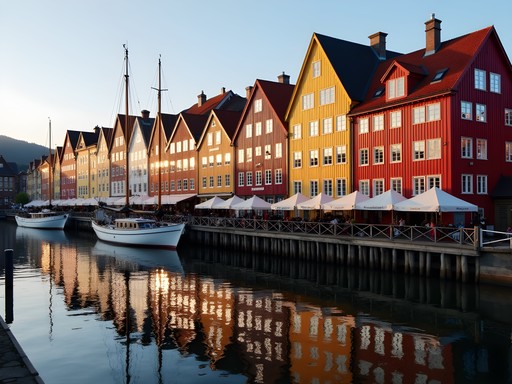
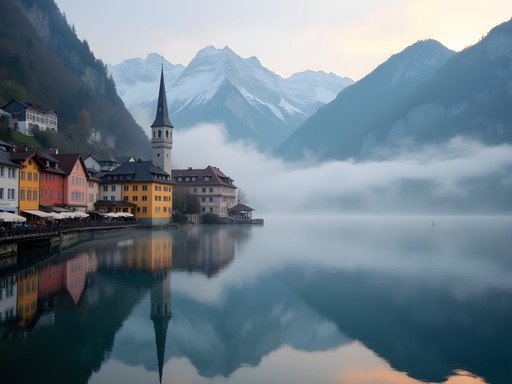
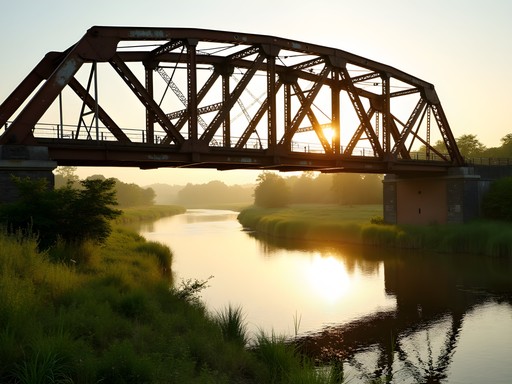
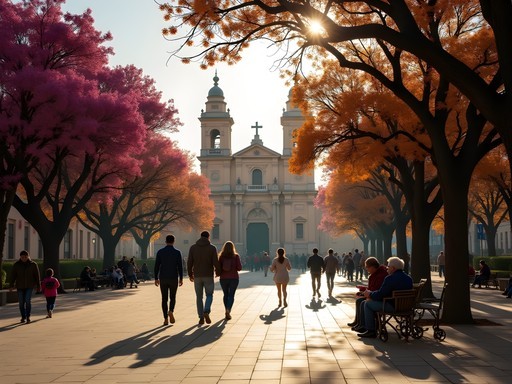
Comments
escapeexplorer
Those sunset photos from Les Mamelles Lighthouse are stunning! Added this to my bucket list just for that view. Did you need a guide to visit or can you go independently?
Ana Ahmad
Excellent guide that captures the essence of Dakar beautifully. Having visited three times for my blog, I'd add that transportation logistics are worth planning ahead. The city's traffic can be unpredictable, particularly during rush hours (8-10am and 5-7pm). I found hiring a local driver for Day 2 particularly valuable, as the journey between sites can be time-consuming. For solo travelers concerned about costs, the car rapides (local minibuses) are an authentic experience but require basic French and some patience to navigate. I documented my experience using them on my blog last year - they're colorful, chaotic and absolutely part of understanding daily life in Dakar.
travelwalker
Thanks for the transportation tips! Did you use any particular app or service to find a reliable driver?
Ana Ahmad
I usually ask my hotel to recommend someone. Most mid-range hotels have relationships with trusted drivers. Expect to pay around 40,000-50,000 CFA ($65-85) for a full day with a driver. Worth every penny for the local knowledge!
greenmaster
How did you find the safety situation in Dakar? Planning to visit with my partner and wondering about walking around at night or taking taxis.
oceanfan
We felt pretty safe in the main tourist areas! Used Yango app for taxis (like Uber) which was super reliable and affordable. Just use common sense like any big city.
oceanfan
Just got back from Dakar last month and your 3-day itinerary hits all the highlights! Gorée Island was definitely the emotional highlight of my trip. One tip for others: go early in the morning to avoid crowds and the midday heat. The ferry can get packed with tour groups by 11am. Also, the Museum of Black Civilizations deserves more time than I gave it - wish I'd planned at least 2-3 hours there.
travelwalker
This guide is exactly what I needed! Heading to Dakar next month for the first time and feeling so much more prepared now.
Anna Harris
So glad you found it helpful! Feel free to ask if you have any specific questions before your trip!
travelwalker
Thanks Anna! Any restaurant recommendations beyond what's in the post? I'm a big foodie!
Hunter Thompson
Brilliant guide, Anna! I spent a week in Dakar last summer and absolutely loved it. The music scene is incredible - caught a live mbalax show at Just 4 U and it was mental! For anyone going, definitely try to time your visit for a weekend so you can experience the nightlife. Also, the car rapides (local buses) are an adventure in themselves. Bit chaotic but such a fun way to get around like a local. And the street food... I'm still dreaming about those fataya pastries from the vendors near Sandaga Market.
photomaster
How safe did you feel using the local buses? I'm traveling solo and a bit nervous about that
Hunter Thompson
Honestly felt pretty safe during the day! Just keep your valuables close and maybe avoid rush hour your first time. The locals are super friendly and helpful.
moonfan
Is 3 days really enough? This looks amazing but wondering if we should plan for longer?
Hunter Thompson
Mate, I'd say 4-5 days if you can swing it! There's so much more to explore outside the city too.
nomadzone
Adding this to my bucket list!
smartlife
Going in May! Quick question - did you use ride apps like Yango or just regular taxis? Trying to figure out the transport situation
Riley Griffin
Anna, this brings back memories! We took our kids to Dakar two years ago and it was one of our best family trips. The ferry to Gorée Island was a highlight - our 12-year-old still talks about the history lessons there. One tip I'd add: we hired a local guide through our hotel for the markets and it made such a difference. He helped us navigate and the kids learned so much more than we would've on our own. Also, the thieboudienne at Chez Loutcha was incredible. Did you make it there?
moonfan
How much did the guide cost? Thinking about doing this with my family too
Riley Griffin
It was around 25,000 CFA for a half day (about $40 USD). Totally worth it!
Venture X
Premium card with 2X miles, $300 travel credit, Priority Pass